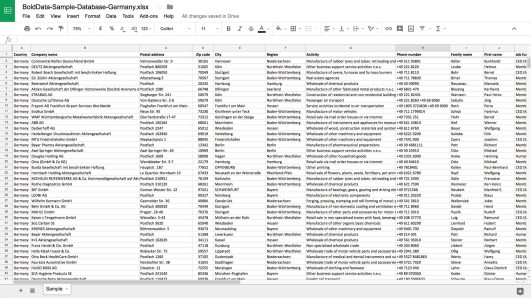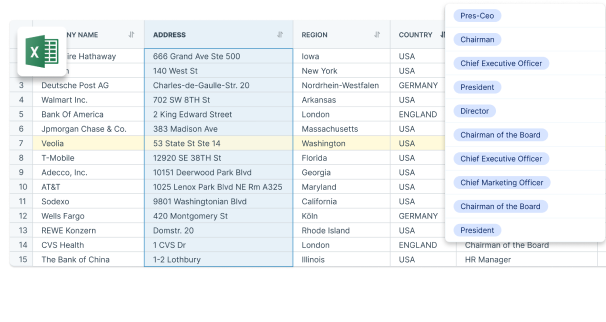In the fast-paced digital age, data has become the lifeblood of modern enterprises, driving critical decisions, enhancing customer experiences, and fueling innovation. However, with the exponential growth of data comes the pressing need for effective governance to ensure data quality, integrity, and security. In this comprehensive guide, we’ll delve into the world of data governance tools and software, uncovering their importance, benefits, challenges, and actionable insights for transforming your business data strategy.
Understanding Data Governance Tools and Software
Data governance tools and software encompass a diverse array of technologies and solutions designed to facilitate the management, monitoring, and enforcement of data governance policies and processes within organizations. From data cataloging and metadata management to data quality and compliance tools, these solutions play a pivotal role in ensuring data governance success.
Benefits of Implementing Data Governance Tools
- Enhanced Data Quality: Data governance tools enable organizations to establish data quality standards, automate data validation processes, and detect anomalies, resulting in improved data accuracy and reliability.
- Increased Regulatory Compliance: By providing mechanisms for data classification, access control, and auditability, data governance tools help organizations ensure compliance with regulatory requirements such as GDPR, CCPA, and HIPAA.
- Streamlined Data Management: With features such as data lineage tracking, version control, and workflow automation, data governance tools simplify data management processes, reduce complexity, and enhance operational efficiency.
- Improved Decision-Making: By providing a unified view of organizational data assets and facilitating data discovery and exploration, data governance tools empower stakeholders to make informed decisions based on reliable insights.
- Risk Mitigation: Effective data governance tools help organizations mitigate risks associated with data breaches, security threats, and privacy violations by implementing robust security measures and access controls.
Challenges in Selecting Data Governance Tools
While the benefits of data governance tools are undeniable, organizations may encounter challenges when selecting and implementing these solutions:
- Complexity and Integration: The diverse nature of data governance tools and the complexity of organizational data landscapes can make tool selection and integration challenging, requiring careful evaluation and planning.
- Resource Constraints: Limited budget, expertise, and technology infrastructure may pose constraints on the adoption and implementation of data governance tools, necessitating a phased approach and resource prioritization.
- User Adoption: Ensuring user adoption and engagement with data governance tools can be a challenge, requiring effective change management strategies, training programs, and ongoing support.
Actionable Insights for Choosing Data Governance Tools
To navigate the landscape of data governance tools and select the right solutions for your organization, consider the following insights:
- Define Requirements and Objectives: Clearly define your data governance requirements, objectives, and success criteria, aligning them with business priorities and strategic goals to ensure relevance and alignment.
- Conduct Thorough Evaluation: Conduct a thorough evaluation of available data governance tools, considering factors such as functionality, scalability, ease of use, vendor reputation, and total cost of ownership.
- Engage Stakeholders: Involve key stakeholders from across the organization in the tool selection process, soliciting feedback, addressing concerns, and ensuring buy-in to maximize adoption and success.
- Pilot and Iterate: Consider piloting selected data governance tools in a controlled environment before full-scale deployment, gathering feedback, iterating on implementation, and refining processes based on lessons learned.
Hypothetical Example:
Imagine you’re a data quality manager tasked with selecting a data governance software solution for your organization. After careful evaluation and stakeholder engagement, you choose BoldData’s comprehensive data governance platform. By leveraging its advanced features for data cataloging, metadata management, and compliance monitoring, you successfully establish a robust data governance framework, driving improved data quality, regulatory compliance, and decision-making across the organization.
In conclusion, data governance tools and software play a crucial role in empowering organizations to unlock the full potential of their data assets while ensuring compliance, mitigating risks, and driving business transformation. With BoldData’s cutting-edge governance solutions and global database, you can revolutionize your data strategy and embark on a journey of innovation and growth.
Call to Action:
Ready to revolutionize your data strategy with cutting-edge governance tools and software? Partner with BoldData today to unleash the power of your data assets. Contact us at +31(0)20 705 2360 or sales@bolddata.nl to learn more and get started

